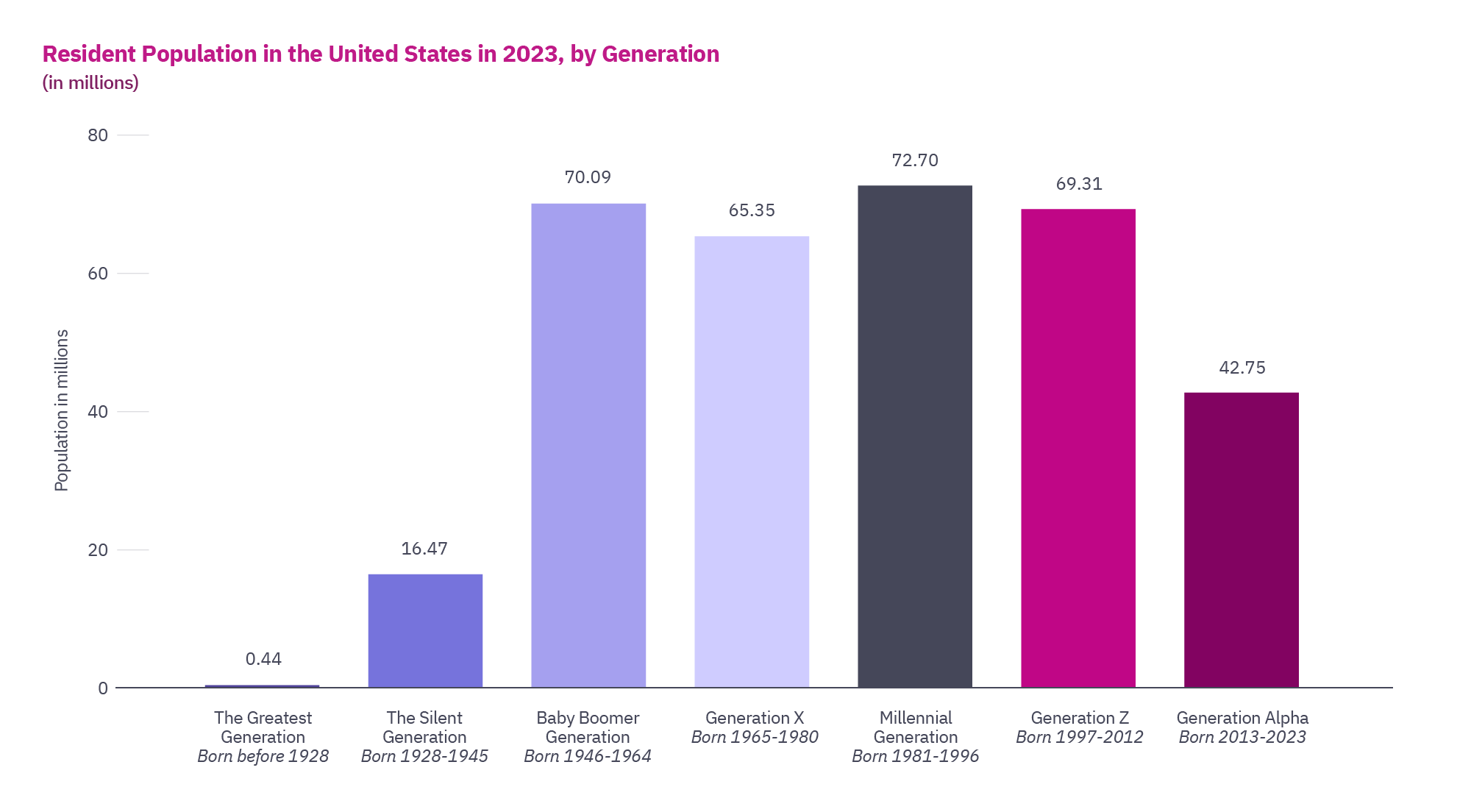Ready to learn more?

Home » Insights » Personal Finance » Smart Strategies to Budget and Track Spending in Today’s Economy
Nicholas Campbell, CFP®, CPA/PFS, M.Tx.
Wealth Advisor
With inflation on everyone’s mind, tracking expenses and budgeting can help relieve some of the pain of rising prices.

Are you finding it harder to stick to your monthly budget? If so, you’re not alone. As the prices of staples including eggs, gasoline, and car insurance continue to rise, the inflation rate is top of mind for many Americans. And even though inflation has cooled significantly, you may still find yourself experiencing sticker shock.
Which goods and services have gotten more expensive?
According to June 2024 statistics from the Pew Research Center, margarine is 56.8% pricier than it was in January 2020. Other notable increases include motor vehicle repair services (up 47.5%), motor vehicle insurance (47.3%), and veterinarian services (35.6%).1

Source: DeSilver, Drew. “Eggs, gasoline and car insurance: Where inflation has hit Americans hardest.” Pew Research Center, 7 August 2024.
Sadly, many Americans are finding themselves stretched thin as total household debt surged to a record high of $17.69 trillion in the first quarter of 2024, according to the Federal Reserve’s Household Debt and Credit Report.2 The good news is there are proven strategies and financial planning tools that can help you budget and track spending.
My favorite ways to track spending
When it comes to budgeting and spending, there’s no one-size-fits-all solution. The best tracking method for you is the one you’ll use. Here are my four favorites:
1. Custom spreadsheets are great for tracking expenses. This can be as simple as making a list of income and spending in a journal or a spreadsheet such as Microsoft Excel. Take 12 months of banking and credit card statements, then create categories such as groceries, mortgage, insurance, entertainment, and gas. Next, compare the expenses with your projected budget and determine whether your spending is moving you toward or away from your financial goals.
2. Credit Karma is a free, web-based tool that allows you to see your expenses and account balances in one place, track your net worth, monitor your categorized monthly cash flow, and find opportunities to save money and navigate complex financial decisions.
3. Quicken allows me to see a profit-and-loss statement for our family finances that are just as professional as any business P&L. Starting at $2.99 a month, I’m a huge fan of this software and have been using it for nearly 15 years. The hardest part is setting up the categories and linking your accounts. After that, the rest is automatic. Also, you can drill down on specific expenses and see the details.
4. The Mercer Advisors Financial Planning website is included at no extra cost for clients. Your financial plan lives on this website, accessible via the Mercer Advisors client portal. By linking your financial accounts (such as checking, credit cards, and money market accounts), you can easily track your expenses. The platform automatically uploads your spending activity, generating a pie chart and detailed expense reports for easy review.
One of its standout features is that all your financial information is kept in one secure location, exclusively for you and your advisor. Plus, you have full control over what data is shared with your advisor – or you can choose not to share any data at all.
Three spending questions that count
I have family members who drive tractor trailers for a living. Several years ago, I spoke with one of them about monthly fuel charges, and I was shocked to hear it cost $4,500 to drive a route. And the price of diesel has almost doubled since then!
High fuel prices matter to all of us because when truckers deliver goods to warehouses and retail stores, the transportation cost is passed along to consumers. Having investments in individual stocks, equity ETFs, or equity mutual funds has historically helped protect or hedge against this type of inflation, but another way of fighting higher prices is to find where you can save money. So, as you track and review expenses, I suggest asking yourself these questions:
1. Are there any expenses that are not providing value?
My mother, who was a teacher, and my father, who was an avid reader, taught me the value of a great book. As a result, I’ve always been passionate about reading. In addition to heavy academic books, I also like action-thriller paperback novels. My wife suggested that I borrow these books from the library instead of spending money on them, which turned out to be a great idea! While I still buy educational and inspirational books, I no longer spend money on cheap novels that I’ll read only once.
What about you? Are there any cheap novels, trinkets, or gadgets that have no lasting value because you’ll use them only once or twice? Maybe it’s something you bought just for the holidays. Before deciding on your next purchase, ask yourself if you’ll still use the item three or four years from now. If not, maybe it isn’t worth buying.
2. Do I have to incur this expense now, or can it wait until next year?
Prioritizing spending, especially on big-ticket items, can mean short-term sacrifice for long-term benefit. A few years ago, my wife and I were driving 2009 and 2010 cars, each with over 175,000 miles. Today, we still have the 2010 Toyota, now with over 200,000 miles. We replaced the 2009 Toyota with a 2023 Toyota hybrid SUV. We waited as long as possible, but as the 2009 neared 200,000 miles and began having minor issues, we decided it was best to sell it before any major problems arose that could reduce its value to salvage only.
The 2023 SUV was the first new car I have ever purchased. My wife, on the other hand, bought her first new car right after college. I was initially set on buying a used car, as I had always done in the past through Craigslist or Autotrader from private owners. However, there were few good options available, and the prices for used cars were almost as high as new cars. So, my wife and I decided that buying new made more sense.
If you’re considering financing a car, it’s helpful to think as the process as three separate transactions:
By treating each transaction separately, you maintain control over the process. For example, if you find better loan terms elsewhere, you can walk away from the financing offer at the dealership while still negotiating the best deal for selling your car and purchasing the new one. This approach allows you to help maximize value and get the best terms in all three transactions.
3. Am I paying unnecessary expenses such as bank charges, credit card interest, and other fees?
Fees and charges vary by bank, and they add up over time if they’re excessive. It makes sense to shop around for the checking and savings accounts that best suit your needs. Also, some banks allow you to receive an alert when your checking account balance is low, so you can transfer funds from a money market or savings account and avoid overdraft fees.
If you are late with a credit card payment, of course you have to pay a late fee on the balance. To help protect against this, you can set up an alert in your Outlook, Google, or paper calendar to remind you when a credit card payment is due, or you can set up bill pay so your credit card is paid automatically every month. Paying down as much credit card debt as possible can add up to considerable savings over time.
Lastly, consider seeking professional help from an advisor. When my wife and I married, we hired our first financial advisor. Why would someone with my credentials hire a financial advisor? While I know that knowledge is important, it’s helpful to have someone other than your spouse hold up a mirror to your life. A comprehensive personal financial plan can do just that. We found our advisor’s professional advice – such as purchasing additional life insurance and hiring an estate attorney to draft documents – to be a valuable and worthwhile experience.
For more information, contact your wealth advisor. If you aren’t a Mercer Advisors client and want to learn more, let’s talk.
1 DeSilver, Drew. “Eggs, gasoline and car insurance: Where inflation has hit Americans hardest.” Pew Research Center, 7 August 2024.
2 Federal Reserve Bank of New York. “Household Debt and Credit Report.” Center for Microeconomic Data, Q2 2024.
Mercer Advisors Inc. is a parent company of Mercer Global Advisors Inc. and is not involved with investment services. Mercer Global Advisors Inc. (“Mercer Advisors”) is registered as an investment advisor with the SEC. The firm only transacts business in states where it is properly registered or is excluded or exempted from registration requirements.
All expressions of opinion reflect the judgment of the author as of the date of publication and are subject to change. Some of the research and ratings shown in this presentation come from third parties that are not affiliated with Mercer Advisors. The information is believed to be accurate but is not guaranteed or warranted by Mercer Advisors. Content, research, tools and stock or option symbols are for educational and illustrative purposes only and do not imply a recommendation or solicitation to buy or sell a particular security or to engage in any particular investment strategy. For financial planning advice specific to your circumstances, talk to a qualified professional at Mercer Advisors.
The services and third-party links are presented for information and educational purposes only. Mercer Global Advisors Inc. is not affiliated with, does not guarantee nor does it endorse any of the applications or services mentioned in this article. Utilizing the services and subscriptions mentioned above are at the total discretion of the individual and are not included with any service or fee offered through Mercer Global Advisors Inc.
